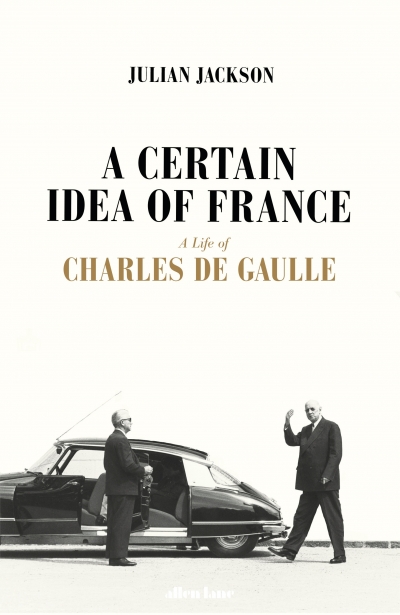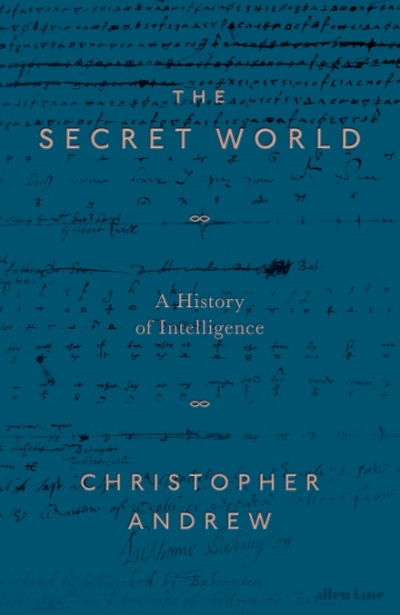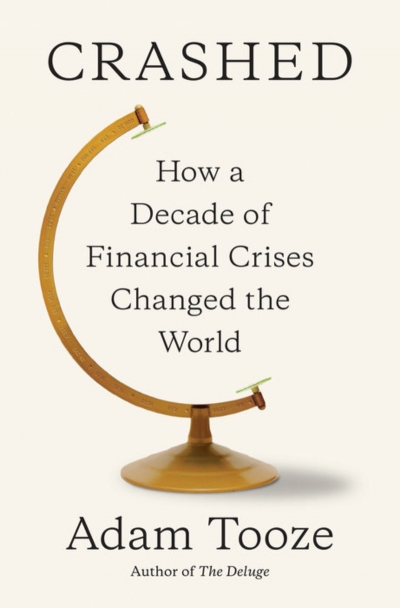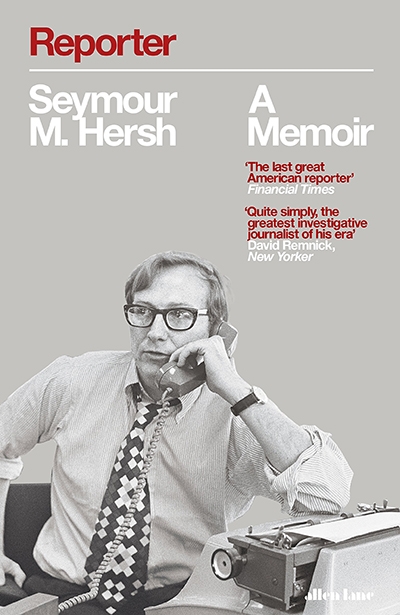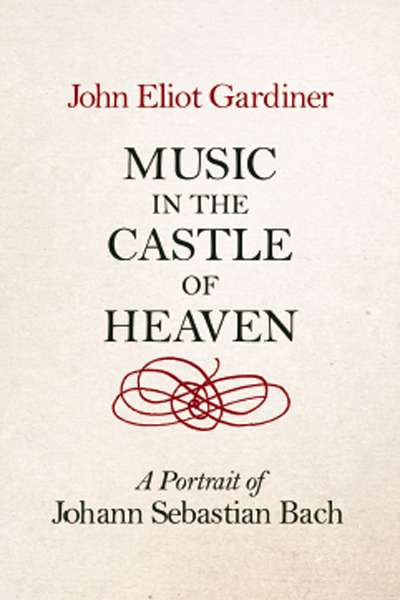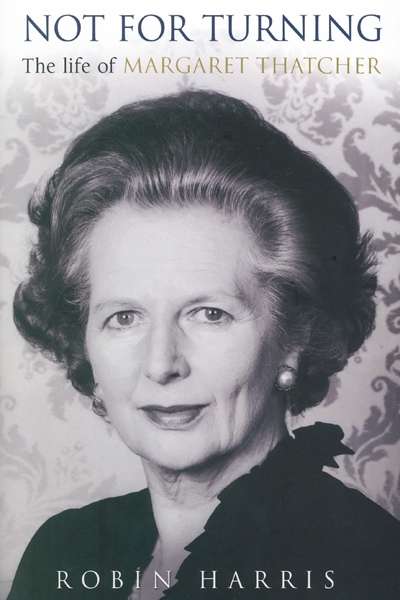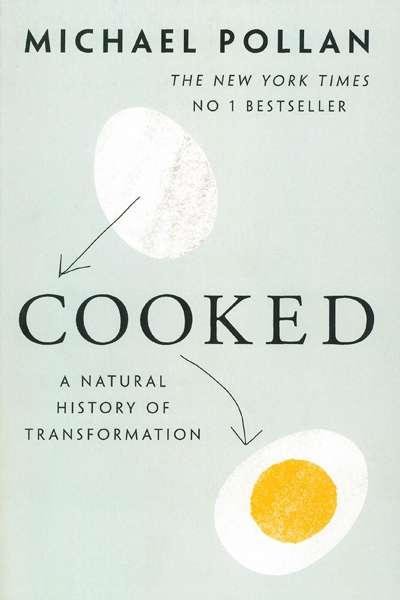Allen Lane
Whiteshift: Populism, immigration, and the future of white majorities by Eric Kaufmann
by Simon Tormey •
A Certain Idea of France: The life of Charles de Gaulle by Julian Jackson
by Rémy Davison •
The Secret World: A history of intelligence by Christopher Andrew
by Kyle Wilson •
The Rise and Fall of the British Nation: A twentieth-century history by David Edgerton
by Simon Tormey •
Crashed: How a decade of financial crises changed the world by Adam Tooze
by Rémy Davison •
Music in the Castle of Heaven: A portrait of Johann Sebastian Bach by John Eliot Gardiner
by Michael Shmith •
Unfinished Empire: The Global Expansion of Britain by John Darwin
by Robert Dare •
Not for Turning by Robin Harris & Margaret Thatcher by Charles Moore
by James Walter •


